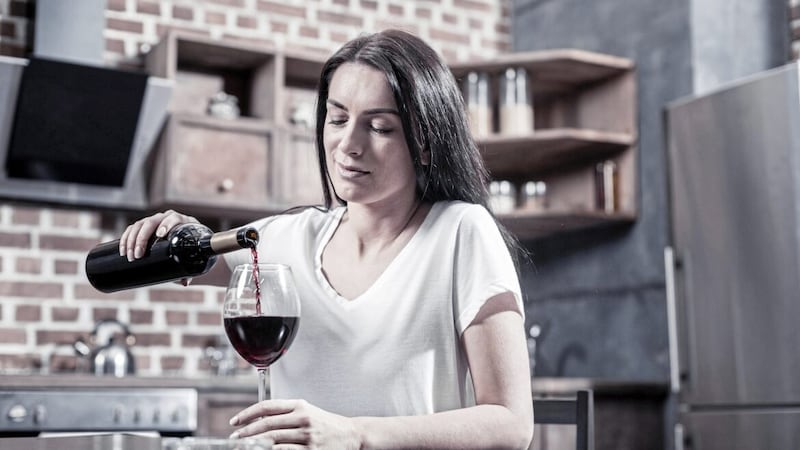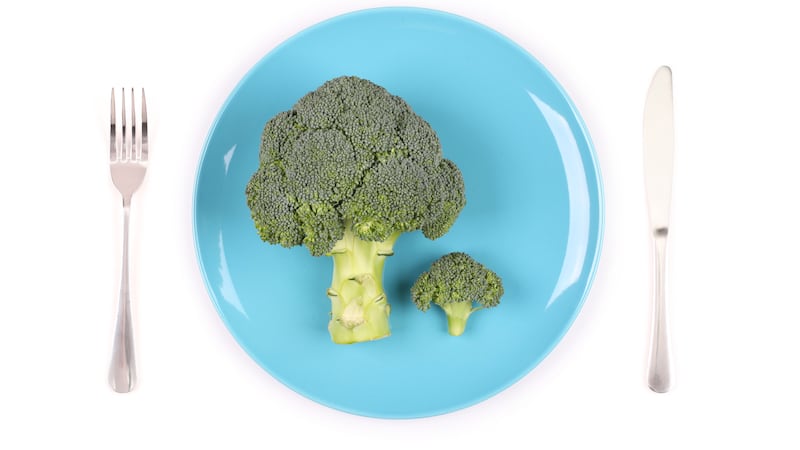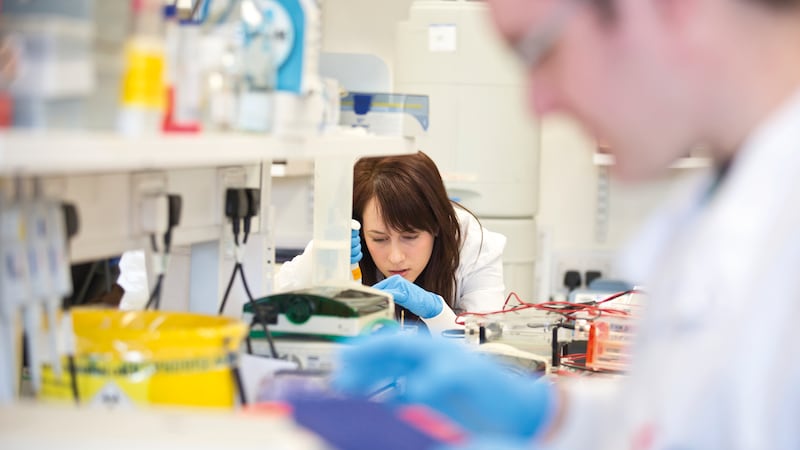1. CONSIDER THE CONSEQUENCES
The first step is to assess how drinking affects your physical and mental health.
"Ask yourself the question, 'Could my life be better physically and emotionally without alcohol?'" says Janey Lee Grace, author of Happy Healthy Sober and founder of The Sober Club (thesoberclub.com). "People ought to be concerned if they are waking up at 3am with remorse, knowing they are drinking too much, if they are drinking secretly or are embarrassed to go back to the same off licence."
While there's usually nothing wrong with having a couple of glasses of wine, strong cravings to 'take the edge off' a bad mood could be a troubling sign.
"People may drink alcohol because they feel depressed, but heavy use depresses their mood further, which leads to more drinking," says Steph Keenan, operations manager at With You (wearewithyou.org.uk), a charity that offers support with alcohol, drugs or mental health issues.
"Drinking alcohol to feel better can also make other problems worse. For example, drinking to cope with financial problems could put more strain on your finances if you're spending money on alcohol."
In terms of health effects, Lee Grace says: "If you have any physical symptoms, feeling bloated, digestive issues, lethargy, or feeling anxious, often you know deep down if you are drinking too much."
2. TAKE A BREAK
You don't have to wait for Sober October or Dry January to embark on booze-free period, Lee Grace says: "Set yourself a challenge. At least 30 days and prep ahead."
It could help to tell friends or family about your goal, ask your partner or best friend to join in, or post on social media to document your progress.
If socialising usually revolves around the pub, plan some alternatives, she continues, whether it's soaking up culture, watching movies or foodie fun. "Find some activities that you enjoy - stopping drinking will free up some time."
3. IDENTIFY YOUR TRIGGERS
If you do decide to take a break from booze, try to notice the triggers that make you more likely to drink.
"When you're exposed to a trigger your brain releases a tiny amount of the happy hormones you get when you drink, then you crave more," Keenan explains. "Triggers can be just about anything, including people, moods and feelings, places and time of the day or week."
If, for example, you're often tempted to pop into your local for a pint on a Friday night, you might want to change your after-work plans.
"Try to organise your life so that you're less likely to get exposed to your triggers," Keenan says. "You could walk a different route home or spend more time with family and friends who don't drink."
4. DRINK-FREE DAYS
Instead of quitting for a while, you might want to increase the number of 'dry' days you have each week.
"Drinking every day, or almost every day, makes you more at risk of health problems from alcohol," says Keenan.
"However much you currently drink, having an extra drink-free day each week is a simple way to make a change. This gives your body more time to recover, reducing your risk and protecting your health."
5. MIND YOUR MEASURES
"When you drink at home, it's easy to pour bigger drinks than you would have at a pub or bar," says Keenan. "This makes it hard to cut down because you don't know exactly how much you've had."
To more closely monitor your alcohol intake, use a measuring jug and aim for smaller drinks that usual: "For example, if you normally have a large 175ml glass of wine, try having a 125ml glass instead."
6. SEEK SUPPORT AND INSPIRATION
Reading up on the effects of alcohol is a good way to bolster your booze-free efforts.
"Read some 'quit lit' - books about stopping drinking," Lee Grace suggests. As well as her own title, Happy Healthy Sober, she suggests William Porter's Alcohol Explained: "It's good to have the logic... so that you really know that alcohol is the number one most harmful drug."
You may want to talk to an expert or other people who are cutting down on drinking for moral support and guidance.
"If you need some support for issues with alcohol you can speak to a trained advisor for free and confidentially via our webchat service on our website," says Keenan.
Lee Grace adds: "By far the best way is to connect with like-minded people, join us in The Sober Club, or connect with one of the charities or organisations such as Smart Recovery."








